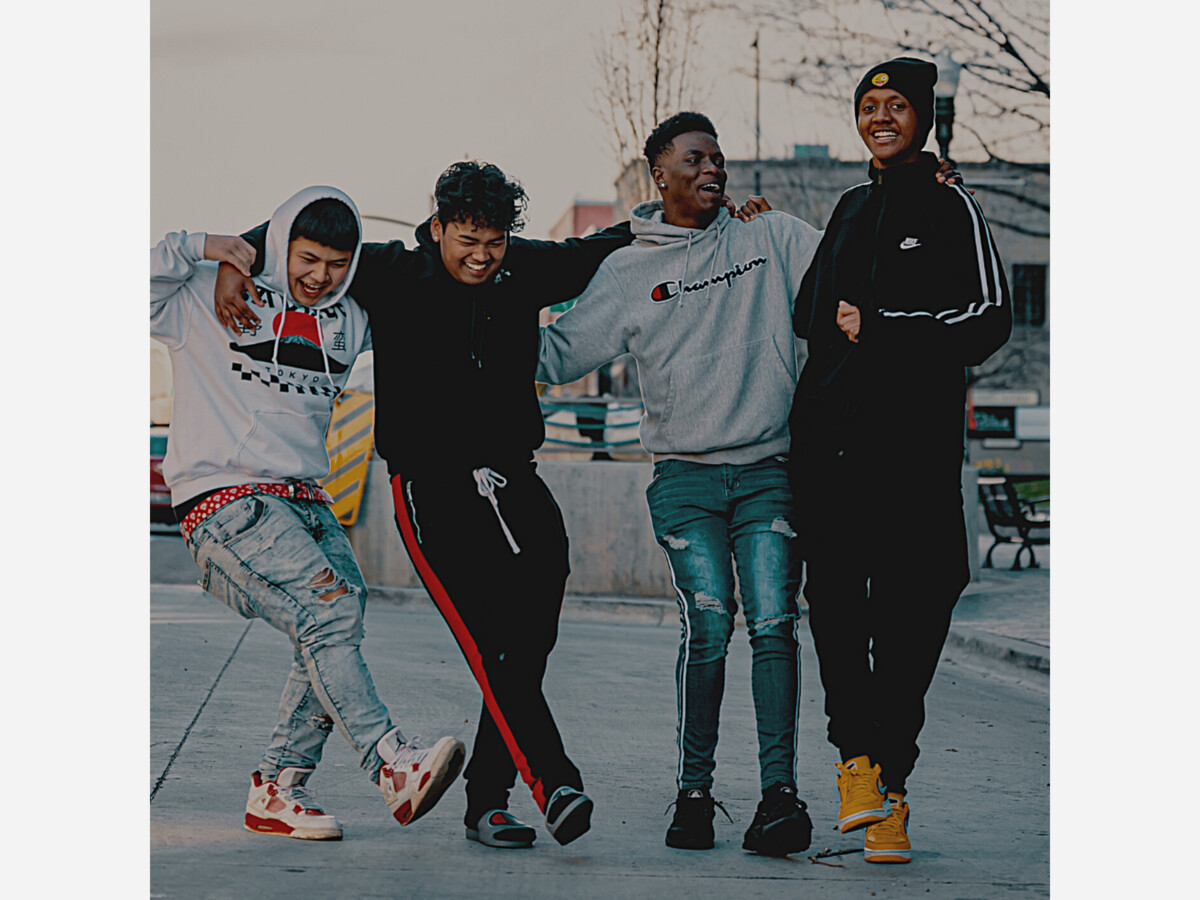Image


In various African societies, a rich tapestry of traditions and customs celebrates the power of positive messaging and mutual support among individuals. Within Igboland, an enchanting tradition unfolds, where men, young and old, engage in heartwarming greetings, marked by the customary exchange of three backhand arm bumps. This ceremonial ritual serves as a powerful testament to their shared culture and emphasizes the uplifting force of recognizing and celebrating one another's achievements.
Similarly, in Yorubaland, the art of Oriki thrives as a profound cultural practice. Oriki consists of meticulously crafted praise speeches designed to impart positive messages and wisdom to the younger generation. The elders play a pivotal role in this tradition by bestowing encouraging words and affirmations upon the youth, fostering their self-esteem and instilling a profound sense of pride in their heritage.
These African customs are not isolated instances. Across the vast and diverse African continent, numerous traditions echo the sentiment of positivity and mutual respect among people. For instance, the Zulu people of South Africa partake in the Isibongo tradition, which involves the recitation of poetic praises and historical narratives to honor individuals and their accomplishments. This not only fosters a sense of collective identity but also inspires individuals to achieve greatness.
Moving beyond Africa, we find that similar traditions exist worldwide, all of which emphasize the importance of positive energy and mutual support. In Japan, the practice of "Kangeiko" involves waking up early in the morning during the coldest days of the year to engage in rigorous physical exercises and meditation. This shared endeavor boosts participants' resilience and camaraderie, instilling a sense of collective strength that can be harnessed to overcome life's challenges.
In Hawaii, the concept of "Aloha" goes far beyond being just a greeting; it represents a way of life. The "Aloha Spirit" emphasizes the importance of kindness, love, and harmony. By embodying this spirit, Hawaiians maintain strong community bonds and extend their positive energy to others.
Now, when an individual is grappling with negativity, they can draw inspiration from these diverse traditions and practices. To turn negativity into positive energy that benefits their neighborhood or community, one can start by embracing the following steps:
Self-reflection: Take a moment to introspect and understand the source of your negativity. This self-awareness is the first step towards addressing it.
Positive Affirmations: Engage in personal "Oriki" or self-praise, reminding yourself of your strengths and achievements. Just as the Yoruba elders uplift the youth, uplift yourself with positive affirmations.
Connect with Community: Reach out to your community, be it through organized events, social gatherings, or even virtual meet-ups. Share your struggles and triumphs, fostering a sense of collective strength and support.
Practice Acts of Kindness: Embrace the "Aloha Spirit" and perform acts of kindness within your neighborhood or community. Small gestures of goodwill can create a ripple effect of positivity.
Celebrate Achievements: Take a page from the Zulu Isibongo tradition and celebrate the accomplishments of individuals in your community. Acknowledging and celebrating success fosters a culture of positivity.
Rituals and Traditions: Create or adopt rituals and traditions that promote unity and positivity. These can be as simple as regular gatherings or cultural celebrations.
In a world teeming with diverse traditions and practices, each brimming with the potential for positive messaging, we have a vast reservoir of inspiration to draw from. By channeling this energy into our daily lives and communities, we can transform negativity into a force for positive change, forging stronger bonds and building a brighter future for all.
Do you have traditions to share? Leave a comment below or email us at CulturalDMV@gmail.com to tell your story. Thank you.